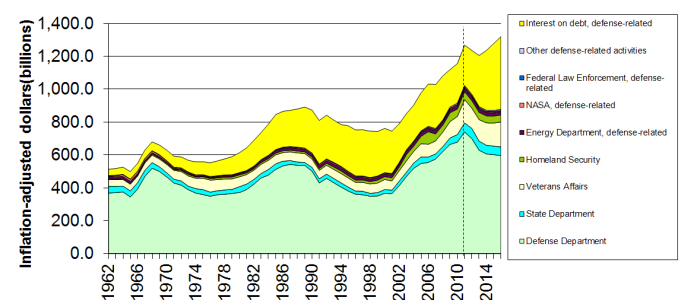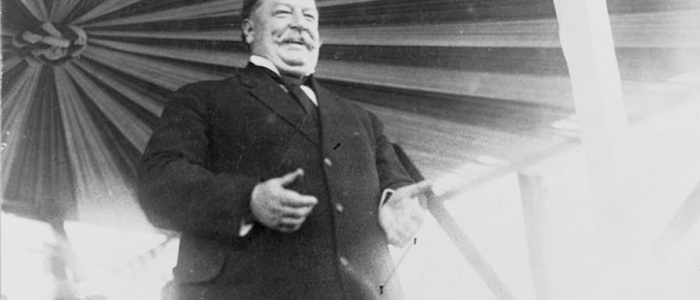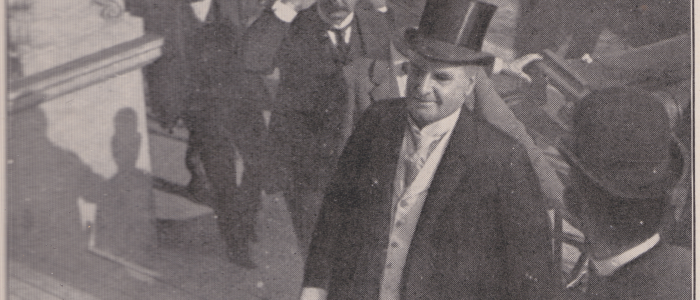Pretty soon you’re talking real money
If you’re anything like me — and you know you are — you stay up nights worrying that the United States just doesn’t spend enough money on its military. America is only just barely spending as much money as the entire rest of the world combined; how can we possibly expect to be kept safe in the face of the overwhelming existential threat of border skirmishes thousands of miles inland on the other side of the ocean? Clearly our wonderful armed forces require a major overhaul, and I’m pleased to report that it’s only projected to cost a trillion dollars to do so. What a relief!
The price tag to rehabilitate the military after about 15 years of war and relentless overseas operations would be about $1 trillion over a decade, according to the Republican-led House Armed Services Committee…
A $1 trillion increase would require obliterating spending limits passed by Congress and doling out an average of an additional $100 billion each year on the military through 2027.
Oh, a trillion dollars spent over ten years would average a hundred billion a year? I had no idea! Since I was educated in the government schools, this kind of complex mathematical operation vastly overwhelms my tiny peanut brain. Thanks for helping, Stars and Stripes!



